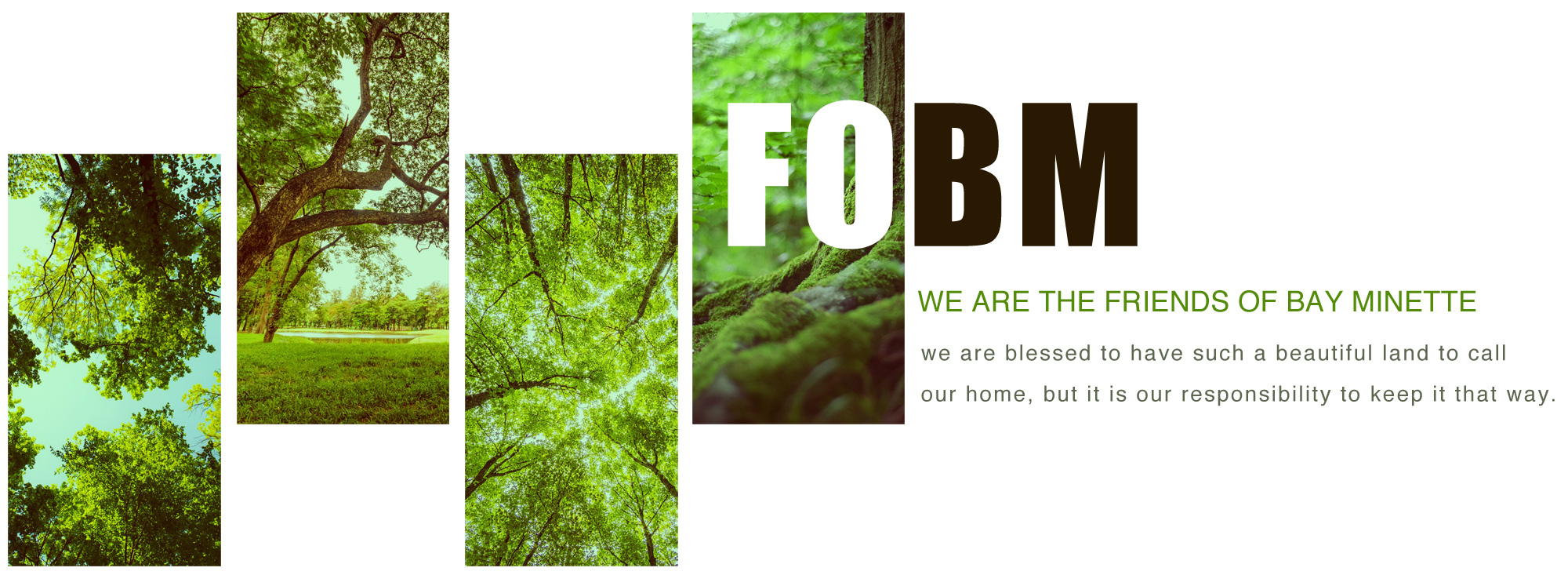The impact we have on our planet is more substantial than you may have been led to think. If we don't take preservation efforts seriously, we will see our natural elements and wildlife disappear, a domino effect that will eventually reach human lives as well. Taking steps now will protect us from seeing the community we love dissipate before our very eyes. We can do this by not littering, conserving water, limiting waste, and educating ourselves on the effects of our actions, like improper farming methods and clearing of forests for grazing land.
In the United States, the total per-capita consumption of energy in 2018 was approximately 309 million Btu. That number is 9 million Btu greater than in 2017, illustrating a steady rise in total energy use. With our population increasing every minute, this information isn't surprising, but it is unsustainable. The United States population accounts for only 5 percent globally, but we consume more than 25 percent of all the energy. This energy primarily comes from oil, natural gas, coal, nuclear energy, and renewable forms of energy. Some of this is then converted into the electricity that we use daily for charging our phones, powering our air conditioning units, cooking meals, and turning on the lights, just to name a few. Transportation is perhaps the most thought-of type of energy consumption in the world. It makes up 20 percent of global energy use, highlighting the inadvertent effects of our development since the Industrial Revolution. To get an idea of how much energy the average Alabamian uses, check out this resource: You can toggle between different states or even see the national average.
Our conservation efforts span further than just energy use. In 2015, the United States consumed 322 billion gallons of water per day! That's nearly 13.5 billion gallons every hour and just more than 223 million gallons per minute. These are only U.S. figures, and they are still astounding. U.S. households in total waste more than 1 trillion gallons of water each year, and the EPA says a household leak could lead to you losing 10,000 gallons of that all by yourself.
Conserving water isn't only about using less water; it's about ensuring that there's enough clean water for everyone's use. When we waste this precious resource, we take that privilege away from others and contribute to a widespread problem. To protect our future, we must take measures to limit our water use and halt the contribution of harmful chemicals into our natural water sources.
Luckily, there are ways we can step up and start making a change to preserve our natural world:
- You could plant native trees and shrubs to enhance biodiversity and contribute to the surrounding ecosystem.
- You could try capturing rainwater for use in watering your yard.
- Attract necessary pollinators by planting foliage that blooms multiple times a year.
- Conserve water by taking shorter showers, not watering your lawn, and checking for household leaks regularly.
- Use less energy by unplugging unused household items, turning off lights when they aren't in use, and washing your clothes in cooler temperatures.
- Protect the ecosystem and clean water sources by switching to biodegradable products and not using harmful pesticides in your garden.
- Lower your overall footprint by trying other means of transportation or using public/carpool transportation when you can.
While all of these things may seem like small changes, they make a huge difference when done continuously. By educating your peers, you can start a mass trend of conservation efforts to preserve our natural ecosystem. We can still reverse some of the damage that has already been dealt, and what we can't fix we can prevent from getting worse by working on our nature preservation habits. Nature breathes life into our world, and all it asks of us in return is to protect it.
